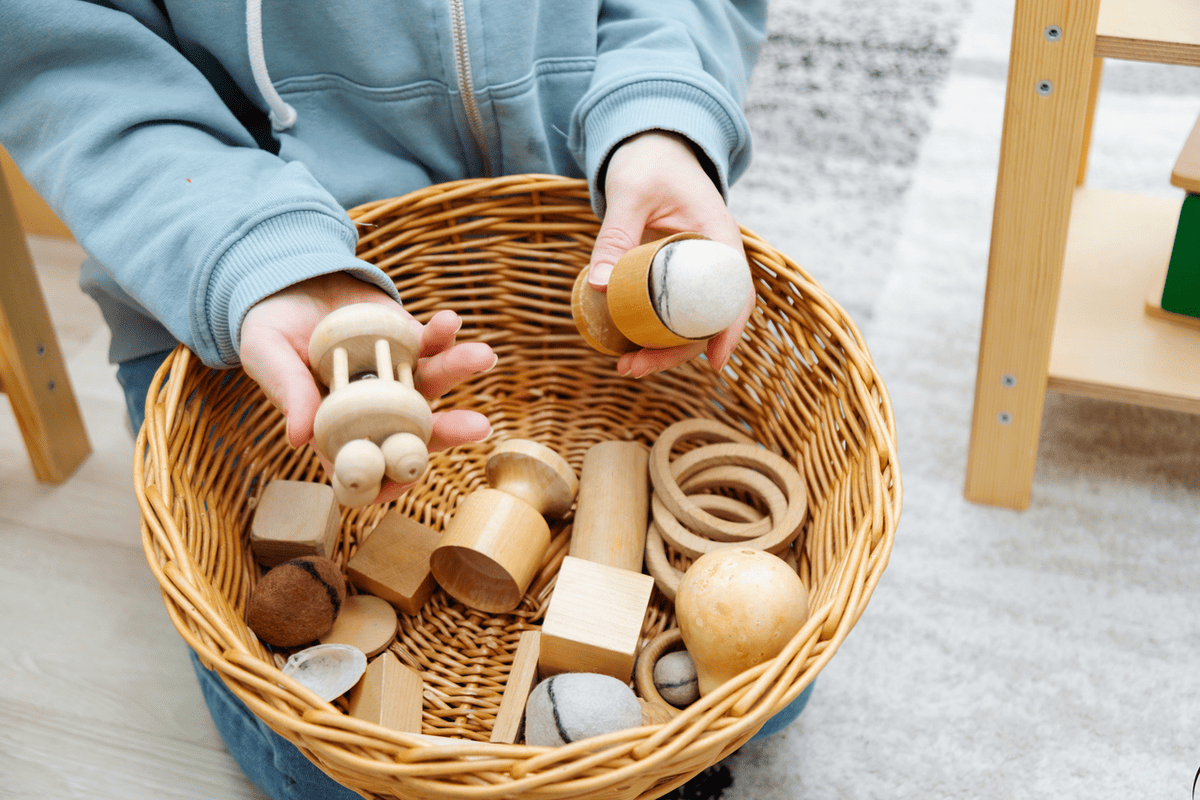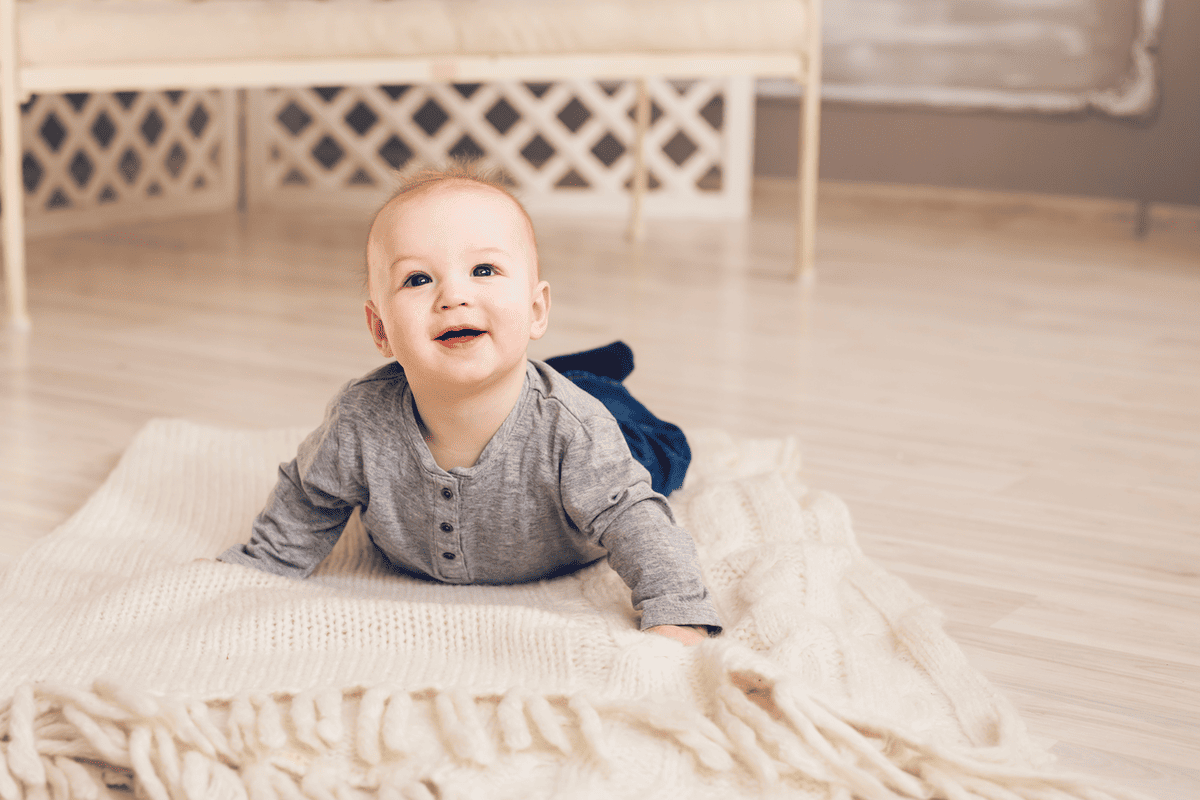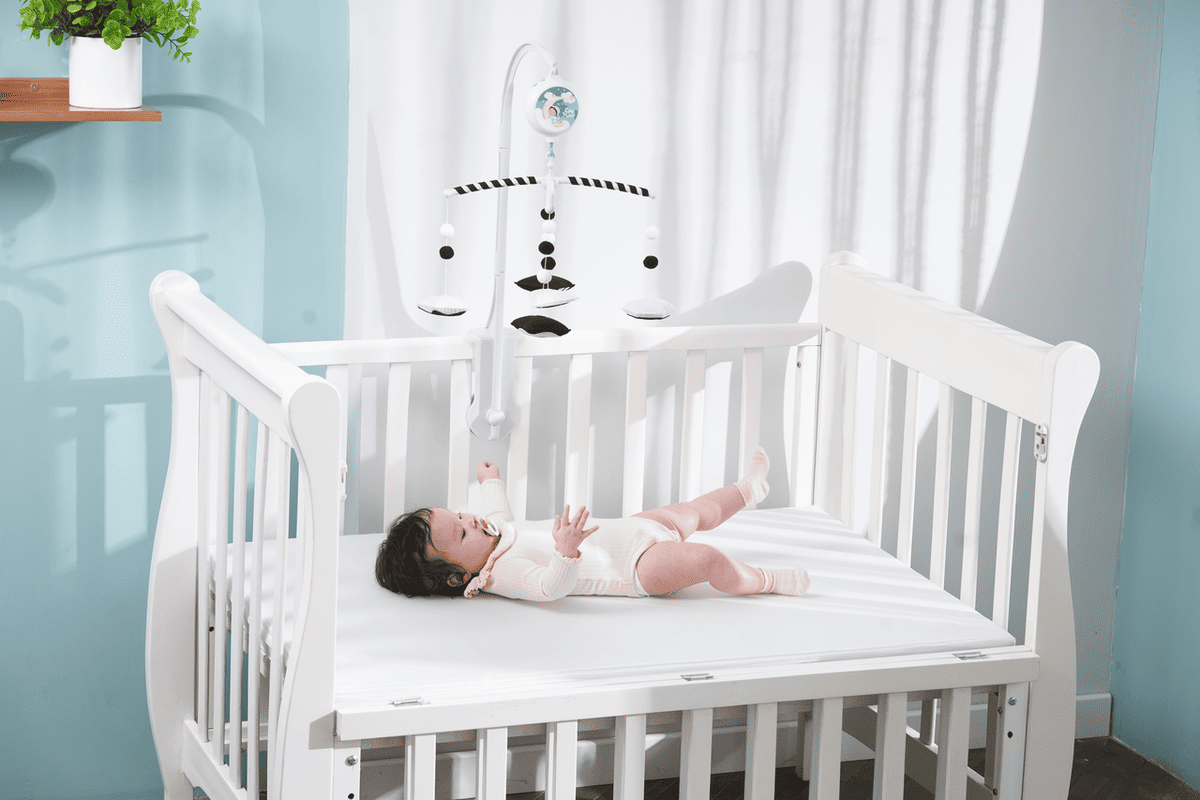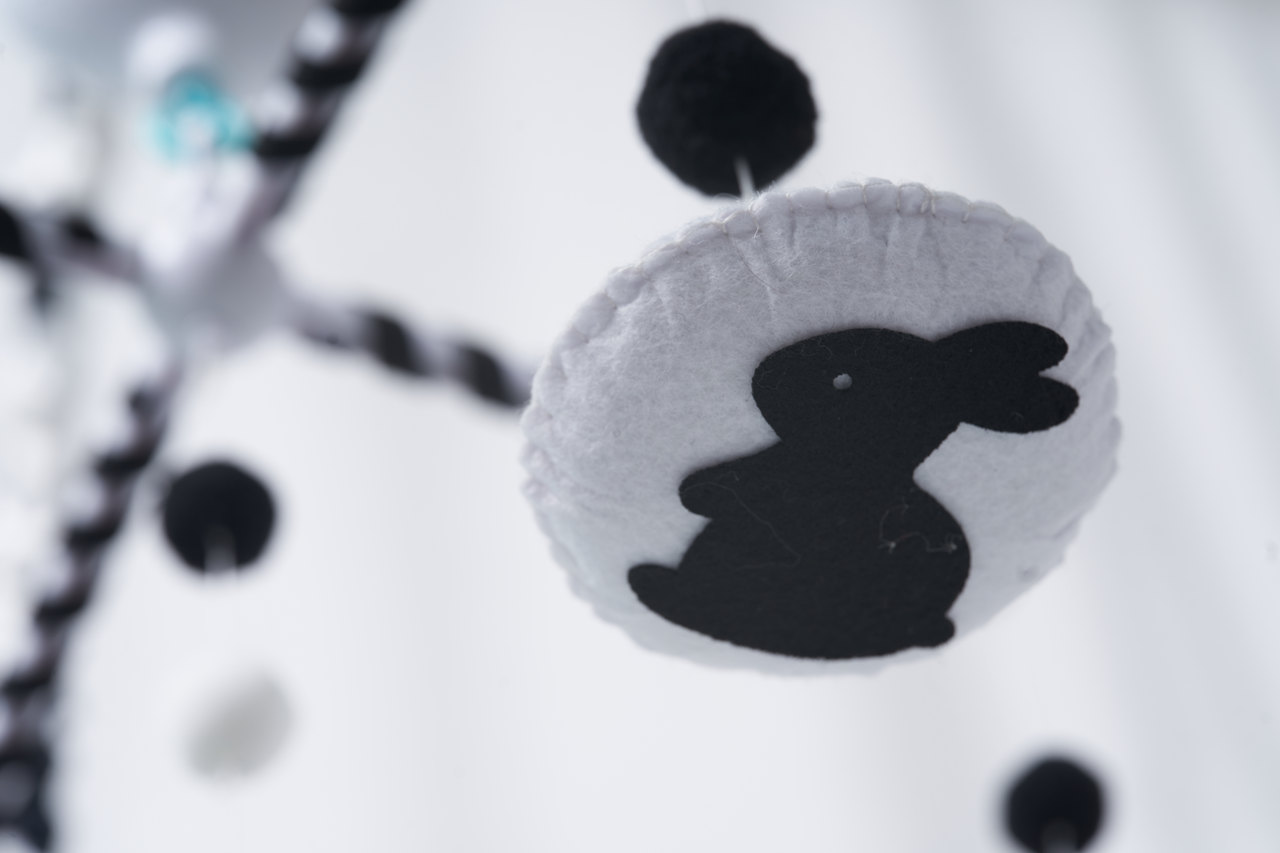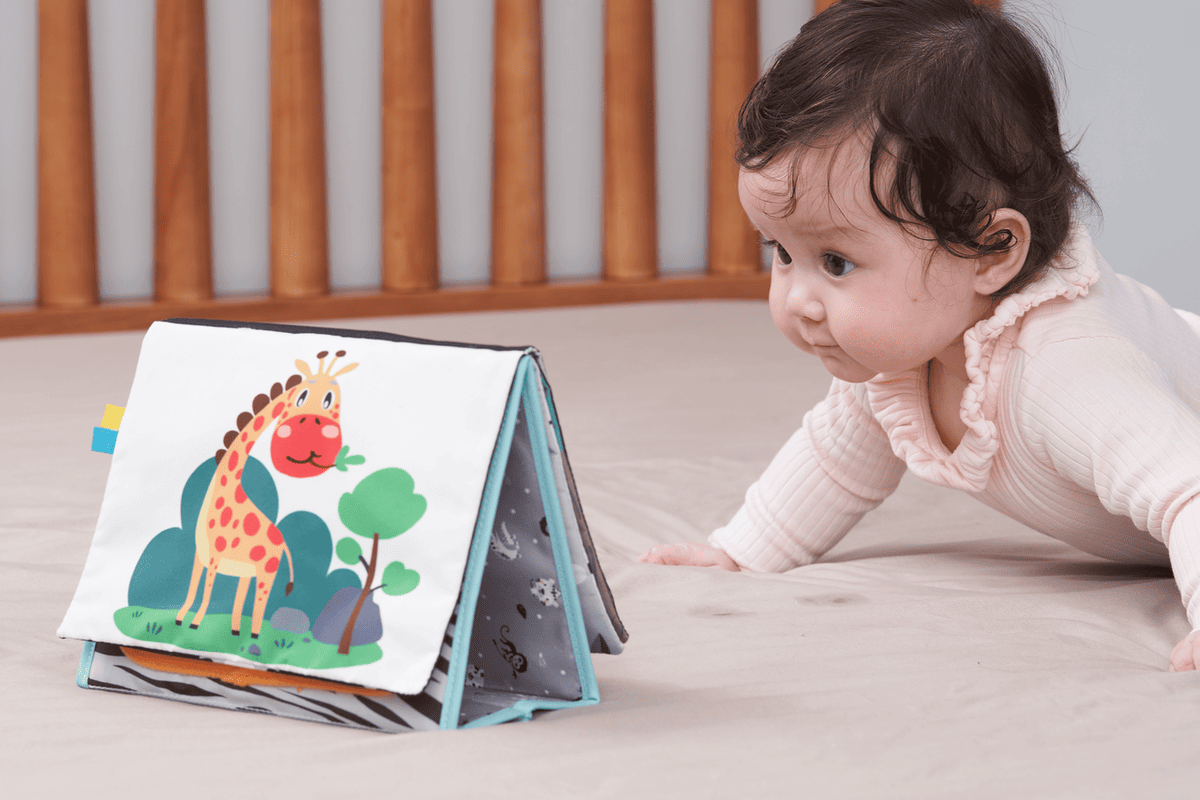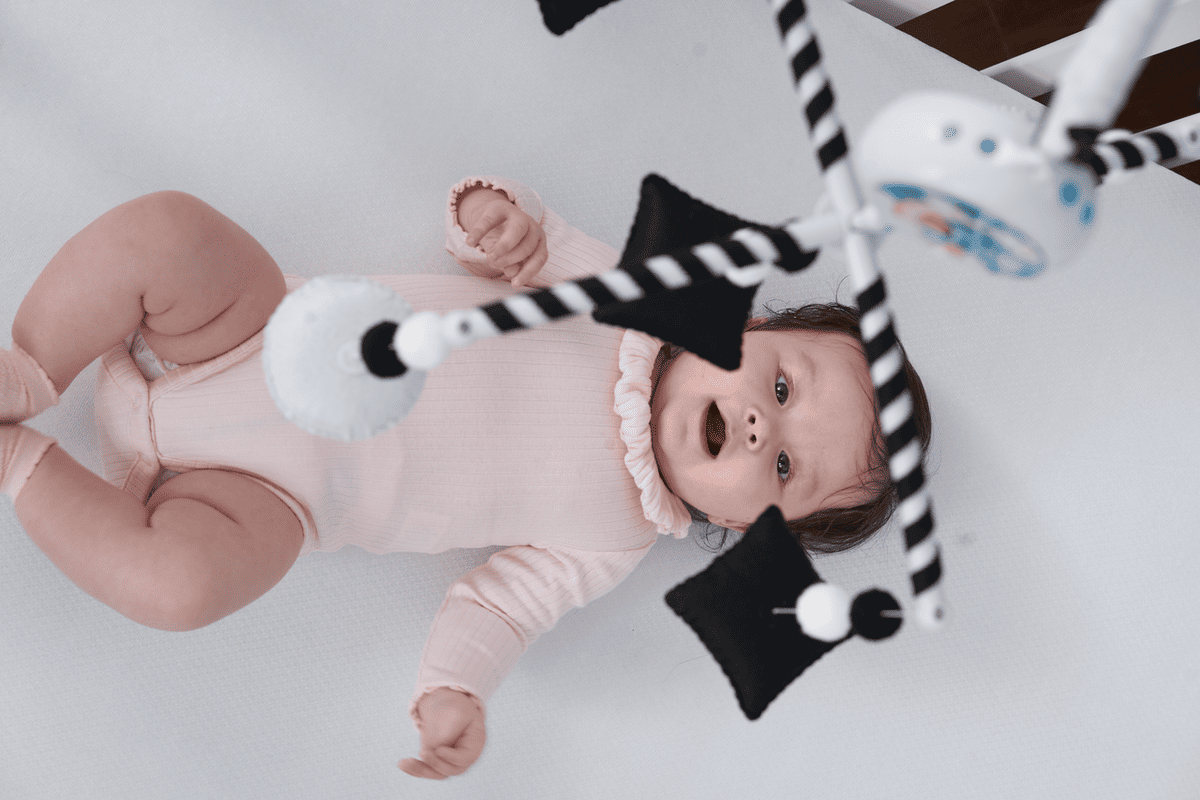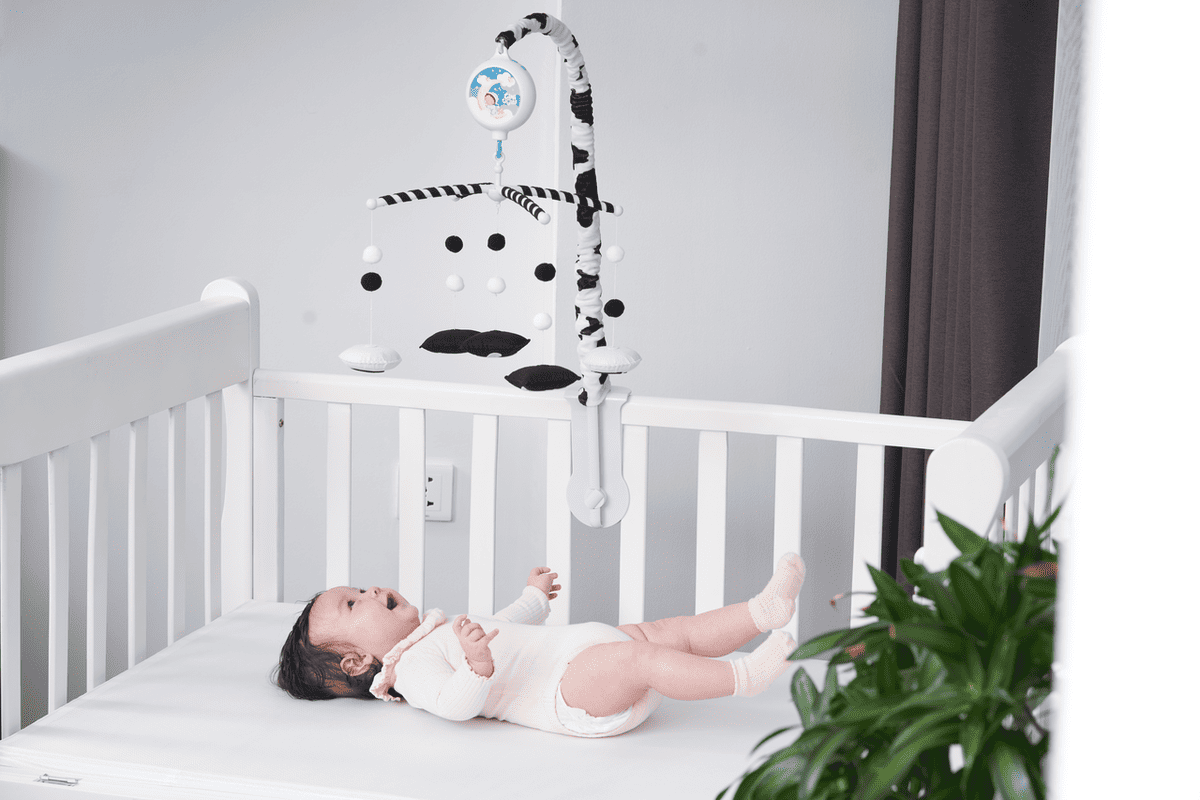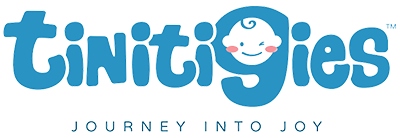As any parent knows, finding the right toys for your little one can be a bit overwhelming. The shelves are full of bright, flashy options, and it’s easy to wonder which baby toys will really make a difference in your baby’s development.
One option that stands out from the crowd is Montessori baby toys, and you may be asking yourself: What makes Montessori baby toys so different from traditional ones?
They’re simple, natural, and made to encourage independence and creativity. But how exactly do they differ from the toys most of us grew up with? Let’s break it down.
Simplicity Over Flashiness
Traditional baby toys are often bright, colorful, and full of exciting sounds, lights, and music. While these can be engaging, they tend to overstimulate babies. With so much going on, it can be hard for your little one to focus on any one aspect, which could make learning and development a bit more challenging.
On the other hand, Montessori toys are simply designed. They focus on one key function or skill at a time, allowing babies to concentrate and explore at their own pace. You won’t find any flashing lights or loud sounds here! Instead, Montessori toys might consist of a single wooden rattle or a softball, encouraging your baby to focus on their movement, coordination, and sensory experience.
This simplicity allows children to engage more deeply with their toys and fosters a sense of calm while playing. Plus, fewer distractions mean your baby can better develop concentration skills—something that will come in handy later in life!
Natural Materials Over Plastic
Montessori baby toys are almost always made from natural, sustainable materials like wood, cotton, or wool. Traditional toys, on the other hand, are often made of plastic and synthetic materials. While plastic toys are colorful and inexpensive, they aren’t as durable or as environmentally friendly.
Natural materials offer a different sensory experience for babies. The texture of wood, for example, is smooth but warm to the touch, while wool can feel soft and cozy. These sensory experiences help babies develop their sense of touch in a more authentic way. Plus, natural materials are typically safer for babies to explore with their mouths - A common way babies experience their world!

Encouraging Independence vs Entertainment
A key principle of Montessori education is fostering independence in children, even from a very young age. Montessori baby toys are designed to promote self-directed play. They give babies just enough of a challenge to keep them engaged without overwhelming them, allowing little ones to explore, experiment, and solve problems on their own.
Traditional toys often function as entertainment tools, with buttons to push and sounds that play when the baby interacts with them. While fun, these toys often dictate how they should be used, limiting your baby’s creativity and exploration.
With Montessori toys, there’s no one “right” way to play. A simple stacking toy, for example, encourages your child to figure out how to balance the pieces themselves. There’s no buzzing sound or flashing light as a reward; the joy comes from the satisfaction of figuring it out on their own. This type of play boosts confidence and problem-solving skills.
Focus on Real-World Skills
Montessori toys aim to help children learn skills that will be useful in real life. Many traditional toys are purely for entertainment, but Montessori toys often mimic real-world objects. For instance, instead of a brightly colored, plastic shape sorter, you might see a wooden peg puzzle that mirrors real-world shapes.
This focus on real-world skills helps babies feel connected to their environment and gives them tools to engage with the world meaningfully. These toys help develop fine motor skills, hand-eye coordination, and even early problem-solving abilities—all while letting your baby explore the joy of discovery.

Encouraging Open-Ended Play
One of the most significant differences is that Montessori toys are often open-ended. This means they don’t have one specific use or outcome. A traditional toy might have a set purpose—press the button, and the music plays—but Montessori toys allow babies to decide how they want to engage.
For example, a set of wooden blocks can be stacked, lined up, or used to build something imaginative. Your child’s creativity is in charge! Open-ended toys grow with your baby, providing new ways to play and learn as they develop.

Less Is More
In the Montessori philosophy, the idea of “less is more” is key. While traditional toys tend to be abundant, with shelves overflowing with options, Montessori encourages a more minimalistic approach. A few thoughtfully chosen toys can provide rich learning opportunities and prevent babies from becoming overwhelmed.
By focusing on fewer toys, your baby can engage more deeply with each one, which encourages longer periods of concentration and more meaningful play. It also keeps your space clutter-free, which is a bonus for any busy parent!

In Conclusion: Quality Over Quantity
Montessori baby toys provide a refreshing alternative to traditional options by emphasizing simplicity, natural materials, independence, and open-ended play. These thoughtfully designed toys foster your baby’s development in meaningful ways, encouraging curiosity, confidence, and capability. While traditional toys can certainly serve their purpose—sometimes that noisy rattle is perfect for a quick distraction—Montessori toys offer a unique, purposeful kind of play that nurtures growth on a deeper level.
At Tinitigies, our Montessori-inspired mobile is crafted with your little one’s development in mind. Featuring high-contrast black-and-white patterns, the mobile stimulates your baby’s vision while promoting overall physical and cognitive growth. Unlike traditional mobiles, our design is carefully tailored to your baby’s point of view, with each hanging object positioned downward to ensure full engagement with the patterns and shapes.
Take advantage of our special offers by signing up for a Tinitigies membership today! You’ll gain access to exclusive deals while providing your baby with the best tools for their growth and development.

